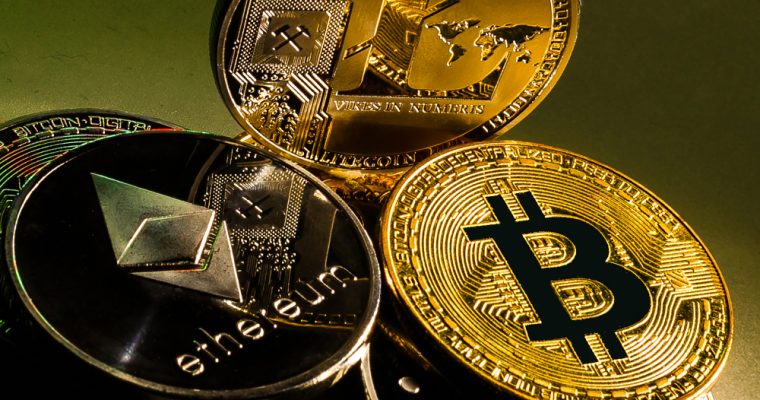Blockchain payment company Sila completes $ 7.7 million seed round of financing to welcome the next generation of global financial system innovation
Blockchain banking services and payment startup Sila Inc. announced today that it has raised US $ 7.7 million in seed funding, which will be used to introduce new product features and make it easier for software developers to access the global financial system.

Image source: Unsplash
The seed round was led by Madrona Venture Group and Madrona Venture Group, including Mucker Capital, 99 Tartans, Taavet Kinrikus and Jerry Neumann. As part of the investment transaction, Madrona Venture Group managing director Hope Cochran and Oregon Venture Fund ’s main investor Rick Holt will join the Sila board.
- Cryptocommercial bank Galaxy Digital's latest earnings report: Q4 2019 loss of 32.9 million US dollars, stock price fell 65%
- To improve the efficiency of cargo release, shipping giants and Tesla jointly piloted blockchain applications
- Market analysis: BCH halved, the market bulls are still expected to test
Sila was established in 2018 and is developing an application programming interface (API) platform that follows the ERC-20 token protocol and is built on the Ethereum blockchain. The purpose of this API itself is to allow entrepreneurs to access banking service tools, including support for "stable currencies" linked to the US dollar.
Sila was officially launched as an Infrastructure as a Service (IaaS) platform in April 2019. It aims to help companies use financial networks while complying with banking regulations. Product support includes "Know Your Customer (KYC)" verification, bank account link and digital wallet.
Like all blockchain startups, Sila has its own token, SILA. This is a 100: 1 pegged token to the US dollar and has fully guaranteed funds held by a member bank of the Federal Deposit Insurance Corporation.
Sila's current clients include startups that have established businesses in industries such as finance, insurance, real estate, and blockchain.
Sila co-founder and CEO Shamir Karkal said in a statement:
"The global financial system has collapsed … It cannot provide services to consumers, small businesses or innovators. It is too expensive, inefficient, strictly regulated and difficult to integrate into FinTech applications. In When we need these services more than ever, the current system stifles fintech innovation. Our mission is to integrate all payment systems into a programmable layer to stimulate the next stage of financial innovation. "
We will continue to update Blocking; if you have any questions or suggestions, please contact us!
Was this article helpful?
93 out of 132 found this helpful
Related articles
- Do crypto scams target charity donations for the new crown epidemic? Texas regulator halts emergency
- Viewpoint | Helping National Governance, Industry Self-Discipline, and Social Credit-the transformative power contained in blockchain
- Partner of A16Z Cryptocurrency Venture School: Bitcoin and Ethereum are difficult to replace
- BCH, BSV double currency halved, the subsequent impact on BTC geometry?
- Looking at the crypto market from the stock market: What can we learn from the uneven distribution of capital?
- In-depth exploration of Forbes blockchain 50 product data: Which two fields are most concerned about?
- TOP 30 series observations: Q1 average holding income range is 148%, halving the market shows power




